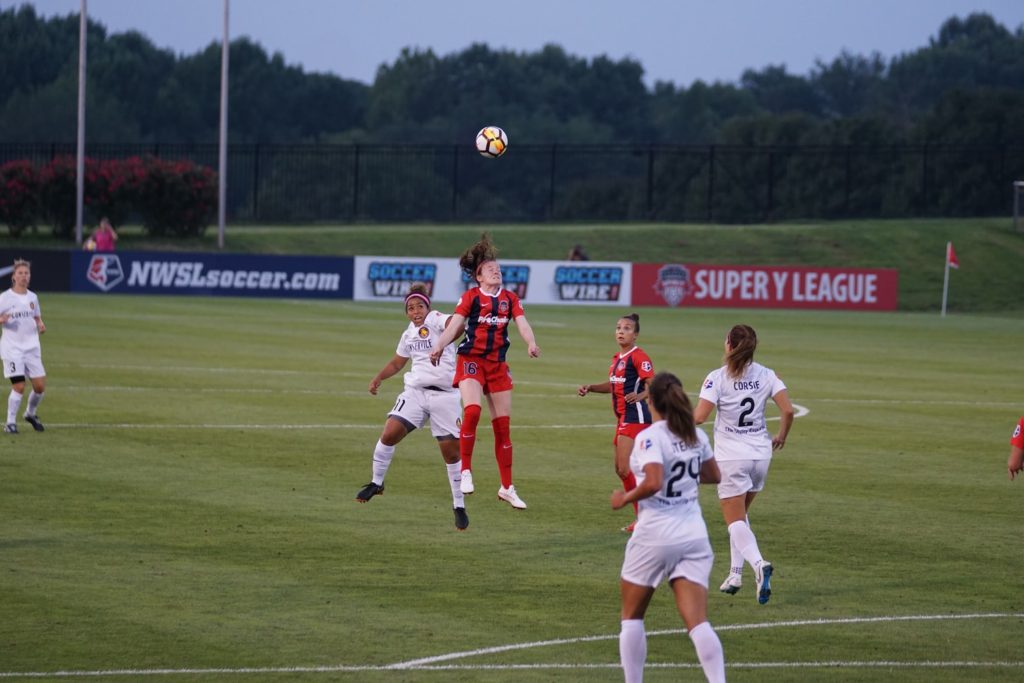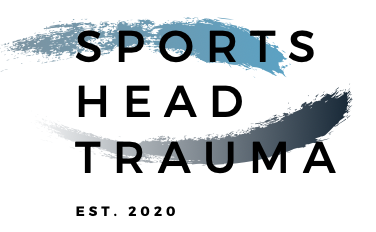
What is CTE?
Chronic Traumatic Encephalopathy is a degenerative brain disease linked with repetitive head impacts (RHIs). There is no current cure or treatment for CTE, and a full diagnosis can only be made after death. Military Veterans and Athletes who play contact sports (football, soccer, hockey, boxing) are more likely to develop CTE as a result of RHIs.
Have there been any previous studies that look at CTE in soccer players?
As of now, studies looking at CTE in soccer players have been done only on men postmortem. Currently only two women have ever been diagnosed of CTE. “One was a victim of domestic violence, and the other was a developmentally disordered individual who was a habitual headbanger. Both women were exposed, repeatedly, to hits to the head.”- CTE Center director of clinical research, Robert Stern, BU
What is the SHINE study and what is its goal?
To identify how CTE affects women, Boston University CTE Center has created a study called Soccer, Head Impacts and Neurological Effects Study (SHINE)-funded by the National Institute on Aging and the Concussion Legacy Foundation. The study is recruiting former women’s soccer players and is the “first all female cohort dedicated to understanding CTE.” Former USWNT soccer stars Brandi Chastain and Michelle Akers have both joined the study and decided to donate their brains to CTE research after their deaths.
“I would not be heading a million balls like that,” Akers said. “There’s no way on earth I would do that again.”
https://www.npr.org/2019/09/05/757935739/womens-soccer-stars-concerned-about-trauma-from-repetitive-head-impact
To read about Dr. Robert Stern’s research and his work on CTE, click the link below.
Disclaimer: The information provided by Sports Head Trauma is solely for educational purposes and raising awareness of mTBI & TBI. Sports Head Trauma does not provide medical advice, and the information from this website should not be used to diagnose, manage, or treat a head injury. If you have sustained a head injury or think you have a concussion, seek medical help immediately. If you need medical advice, diagnosis, or treatment information, please talk to a healthcare professional or a physician. This website is not meant to create a physician-patient relationship, or any type of confidential relationship. The information provided by Sports Head Trauma should not be substituted for medical advice, diagnosis, or treatment information from a healthcare provider, as the sole purpose of the website is for informational purposes. In the event of an emergency, always speak to a medical professional or call 911.
